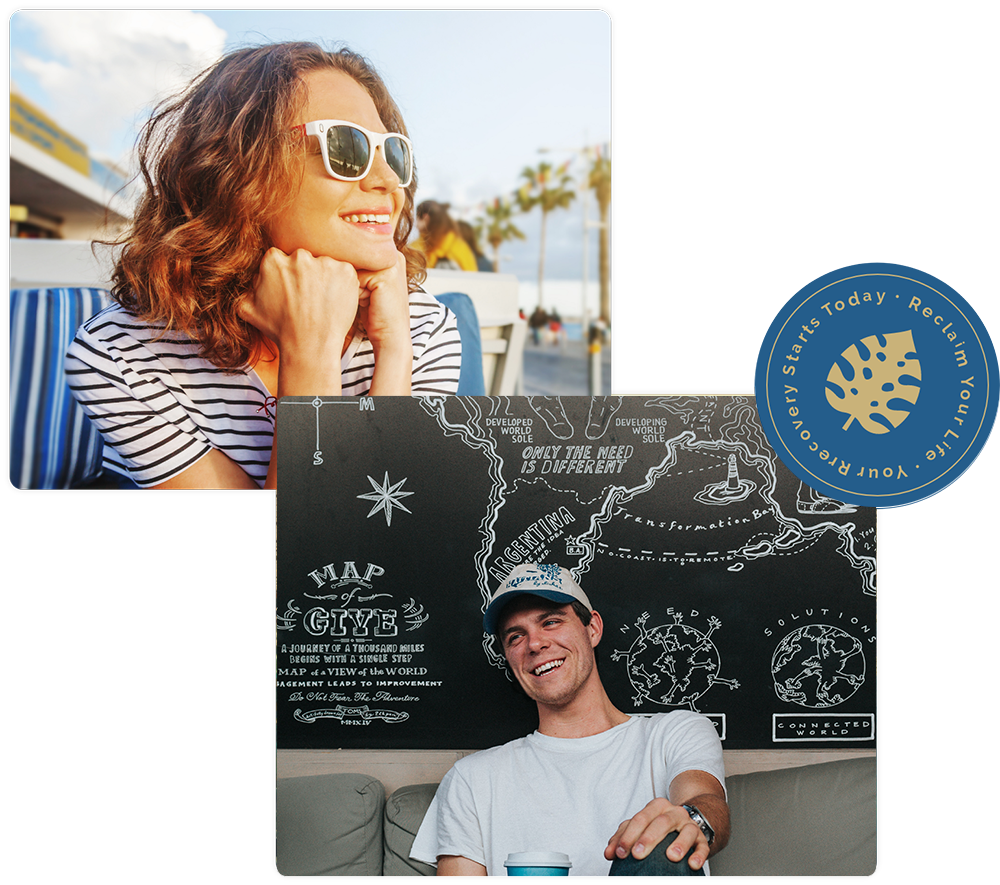On any given day, millions of people across America participate in a substance rehab program. Programs of this type use a range of resources to help you achieve sobriety and avoid future drug or alcohol use. By a wide margin, the top resources are modern forms of psychotherapy. There are frontline and alternative therapy methods for all substance-related problems. When used appropriately, these options help form the backbone of effective rehab plans. 
Looking for an addiction psychotherapy program in Treasure Island, FL? Talk to the specialists at Footprints Beachside Recovery. We feature a wide array of frontline therapy options that can play a leading role in effective treatment. We also feature alternative, supporting therapies that can further contribute to your positive rehab outcomes.
The Basics of Psychotherapy
Psychotherapy is a conversation-based form of mental health treatment. For this reason, it’s also sometimes known as talk therapy. There are many different approaches to this form of treatment. However, all forms of psychotherapy contain elements that include:
- Meetings called sessions that allow you to talk with a trained therapist or counselor
- Discussions that allow you to express yourself and communicate with your therapist
- Guidance from your therapist in the form of feedback, advice, and/or instruction
Some therapy sessions follow a one-on-one format. Others are based on group participation. You may also go through therapy along with a spouse or other members of your family.
Types of Psychotherapy – Choosing Options for Substance Recovery
The term psychotherapy describes a general treatment method. Today, a vast range of treatment options make use of this method. Some options can be used to support recovery from a variety of mental health issues. In contrast, others are used for more specific purposes.
The types of psychotherapy available in substance rehab tend to focus on your behavior. Specifically, they do things such as:
- Help you understand how your behavior is based on your thoughts and emotions
- Identify thoughts and emotions that contribute to harmful behavior
- Highlight thoughts and emotions that help you act in healthy ways
- Show you how to make the switch from unhealthy behaviors to healthier behaviors
- Help you resolve inner conflicts that support continued addiction
- Teach you how to control your urges to drink or take drugs
Psychotherapy for addiction is a powerful recovery tool. In fact, it’s widely viewed as the foundation of modern substance treatment. You can also use therapy to address mental health issues that occur alongside addiction.
Alternative Therapy Options
Some forms of therapy don’t follow the traditional talk format. Instead, they use other, often nonverbal, methods to support your recovery. Available alternative options include art therapy, yoga and outdoor therapy. In addition, you may receive nutritional support or take part in a fitness program.
These alternative methods don’t replace psychotherapy for addiction. Instead, they help broaden the scope of your recovery. An effective treatment plan may include any combination of frontline and alternative options. If you’re affected by certain forms of addiction, it may also combine therapy with medication.
Call Footprints Beachside Reovery’s Psychotherapy Program in Treasure Island Now
Therapy is the leading resource in substance rehab programs. Not only can it help you understand why you use drugs or alcohol. It can also help you change in ways that support your sobriety. No matter your situation, there is a therapy option suitable for your recovery.
Effective use of therapy is fundamental at Footprints Beachside Recovery. We feature a comprehensive selection of options for substance treatment. We also feature options for other mental health issues that may be affecting you. Want more information on our psychotherapy program? Just call us today at 727-954-3908 or contact us online. We’re here to help you get your recovery underway.


